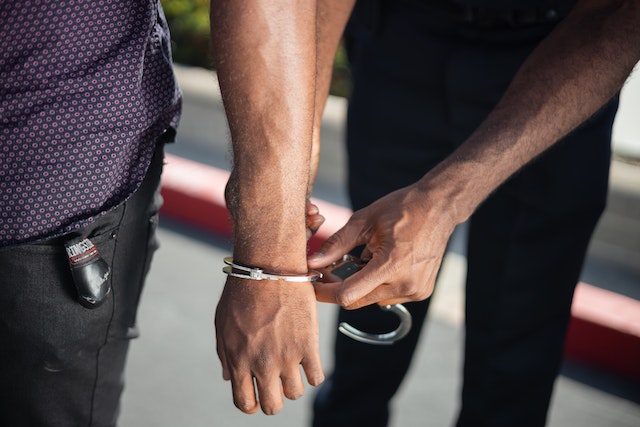When charged with a felony crime, you may believe you were set up or forced to commit the crime. As a result, you may feel like you have nothing left to do than to accept the charges. However, you may be able to prove entrapment. This is a defense to criminal charges, but it can be incredibly challenging to prove without the assistance of an experienced Oklahoma City felony defense lawyer. Keep reading to learn more about this potential defense and whether or not you can use it for your charges.
What Constitutes Entrapment?
Generally, someone will claim entrapment when they are coerced or led to commit a crime by a government agency or law enforcement officer to commit a crime as a means to collect evidence and subsequently arrest the individual. However, the defendant would not have otherwise committed the crime if not for the coercion of the police.
For example, if an officer poses as a drug buyer, they may tell someone to sell them their personal drugs, or they will be assaulted. In this instance, the fear of bodily harm may convince someone who had no intentions of selling the substances to comply with the demands.
It’s important to note that a private citizen can’t be the driving force behind an entrapment charge – it must be a government agent.
In these cases, the jury must compare an objective versus subjective standard. Essentially, if they believe a law-abiding citizen would have committed the crime without the presence of the officer, this is an objective standard. However, if they are considering whether or not the defendant was already predisposed to commit the crime, they are examining the subjective standard.
How Can I Use This as a Defense?
Generally, two elements must be proven. The defendant must prove that a law enforcement agency or official persuaded them to break the law by threats of violence, repeated requests, or considerable financial benefits. Additionally, they must be able to prove they had no intention to commit the crime otherwise, as failure to illustrate this can make it more challenging to prove entrapment. In the previous example, if the person arrested for selling the officer the drugs had never sold illegal substances before and only had a small quantity fit for personal use, they may be able to prove they had no intention of selling their stash.
If you have been charged with a crime and believe you were the victim of entrapment, it’s critical to note that the burden of proof in these circumstances falls on you. You must demonstrate a “preponderance of evidence,” which is a lower standard of proof. Essentially, this means that if you make an entrapment claim, the jury must be convinced that it is more likely true than not.
As you can see, there are many considerations that must be carefully made when using this criminal defense, as it can impact the outcome of your case and whether or not you face felony charges. That’s why it’s imperative to contact an experienced criminal defense attorney from the Jones Firm, PLLC, as soon as possible. Our team has the experience necessary to help guide you through these challenging times. Contact us today to discuss the details of your circumstances so we can assess how to craft an entrapment defense if applicable.

